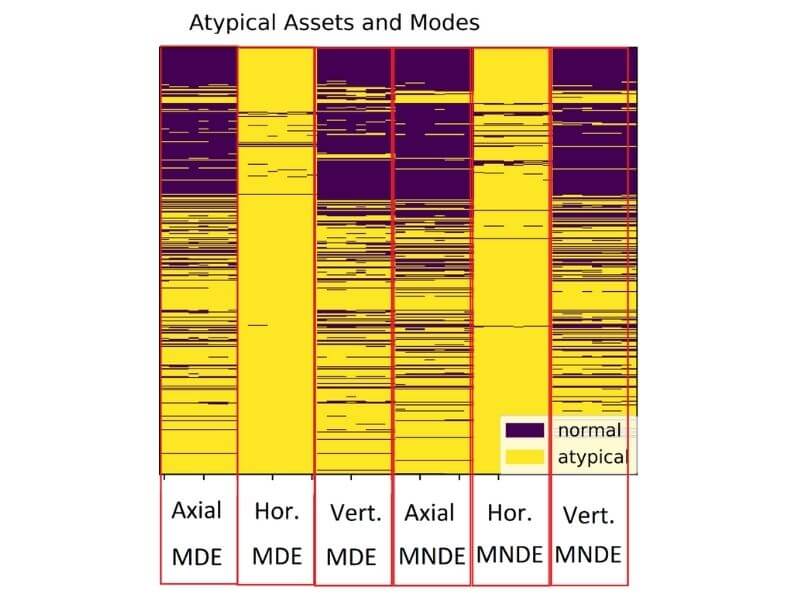Vibration monitoring of rotating machinery in ships – An AI4EU project
AI4EU is a European Union Artificial Intelligence project which aims to bring together the AI community and facilitate knowledge transfer from research to business application. It provides an experiments platform that promotes the sharing and deployment of AI models.
In 2021, Viking Analytics has been selected by AI4EU as a solution provider in AI technologies. We worked with a Challenge Owner to develop a solution in vibration monitoring of rotating equipment in ships.
Challenge
The challenge owner commercializes a Digital Health Monitoring System for the condition monitoring of rotating machinery in ships. They carry out the condition monitoring using vibration analysis and use it to monitor critical machines, such as motors, pumps, and fans. Their goal is to provide better maintenance scheduling to reduce unnecessary interventions in the machines, prevent accidents and increase the resting time of the vessel crew.
Monitoring the health of the machine is a complex problem given that many faults can be combined and affect the typically monitored parameters in different ways. In ships, the main challenge is that it requires a vibration monitoring expert on board, which may not be feasible given the increase in overhead costs. Furthermore, data transmission is expensive and difficult due to synchronization issues and the limited internet coverage at sea.
Asset Monitoring
The challenge focused on fans. Ships normally do not have many different types of fans, so the equipment was classified in three categories mainly. In total, data was received from 1160 assets. Each asset had two or three tri-axial vibration sensors on them. Given the constraints on data transmission, only 1-second-long measurements per axis and measuring point were available.
Solution
Our approach took advantage of the number of machines and the fact that it remains constant across all ships. Thus, the proposed solution is valuable in ranking the assets most likely to have an atypical behavior. Once the asset that might require further inspection is selected, it also identifies the measuring point and/or axis that the expert could start to examine.
The proposed solution is based on Viking Analytics’ MultiViz Vibration and its feature called Blacksheep Detection, which is used for the identification of assets on a population. Some modifications were performed on the basis algorithm and optimization algorithm to rank the assets by the number of atypical measurements. As the measurements were recorded with a high resolution, it was possible to split the 1-second-long measurements into smaller signals defined by a number of rotations on the asset. Then, all the signals from all measurement points and axis were concatenated to represent a single source.
The results of the Blacksheep Detection are a list of the assets according to how atypical each of them is likely to become. Then, each individual asset was subjected to Mode Identification Analysis. Given that all measurement points and axis were transformed into a single source, Mode Identification enables the expert to identify which measurement point and axis may be worth inspecting first.

Using Blacksheep Detection to identify the atypical assets and Mode Identification over the measurement point simplifies the work of the expert, who now is able to prioritize the assets that are most likely to have an issue and provide an assessment of them. This allows for a more efficient work routine for experts that analyze the data and effective scheduling of maintenance activities.

